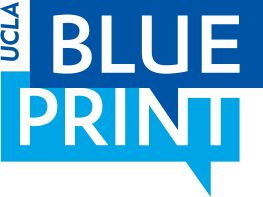Do Cellphone Bans in Middle School Work? It’s Complicated.
KQED September 26, 2024
Filed in: NSCA | Technology
National Scientific Council on Adolescence member Jacqueline Nesi, PhD, was quoted in the recent article published by the Bay Area’s NPR and PBS member station, KQED. Nesi explains that there is no one-size-fits-all approach to smartphones for early adolescence, but research suggests that kids need “increasing independence as they age [and] there’s value in giving them opportunities to solve problems.”
Recent News
June 5, 2025
A new UCLA Blueprint article highlights the importance of purpose in adolescence. The article features the NSCA report Cultivating Purpose in Adolescence and interviews NSCA members and our co-executive director, Andrew Fuligni.
April 16, 2025
“The evidence linking sleep and mental health is a lot tighter, more causal, than the evidence for social media and mental health,” Co-Executive Director Andrew Fuligni explains in a new Associated Press article about the importance of promoting healthy sleep during adolescence.
back to top



